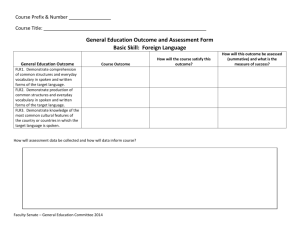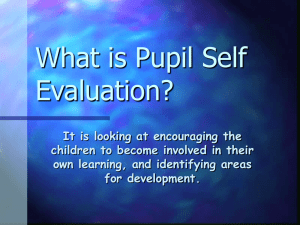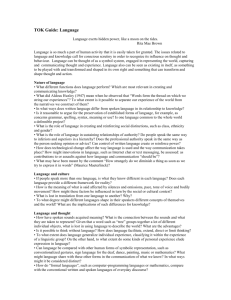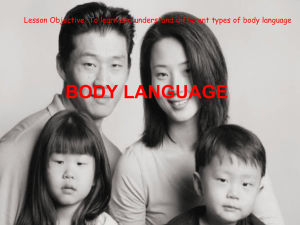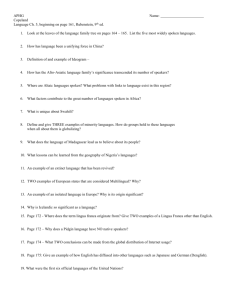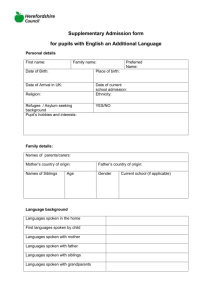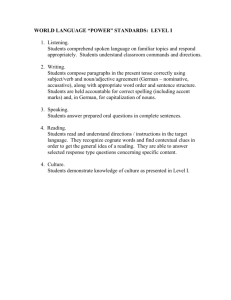Sequence of Verb Tenses
advertisement
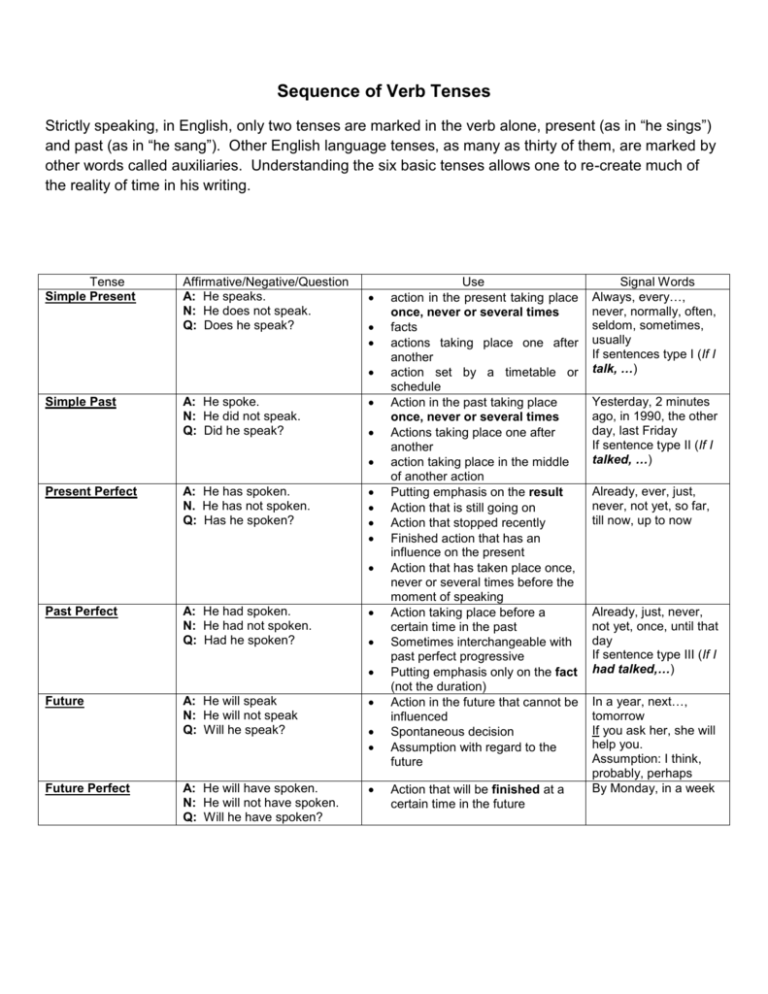
Sequence of Verb Tenses Strictly speaking, in English, only two tenses are marked in the verb alone, present (as in “he sings”) and past (as in “he sang”). Other English language tenses, as many as thirty of them, are marked by other words called auxiliaries. Understanding the six basic tenses allows one to re-create much of the reality of time in his writing. Tense Simple Present Affirmative/Negative/Question A: He speaks. N: He does not speak. Q: Does he speak? Simple Past A: He spoke. N: He did not speak. Q: Did he speak? Present Perfect A: He has spoken. N. He has not spoken. Q: Has he spoken? Past Perfect A: He had spoken. N: He had not spoken. Q: Had he spoken? Future Future Perfect A: He will speak N: He will not speak Q: Will he speak? A: He will have spoken. N: He will not have spoken. Q: Will he have spoken? Use action in the present taking place once, never or several times facts actions taking place one after another action set by a timetable or schedule Action in the past taking place once, never or several times Actions taking place one after another action taking place in the middle of another action Putting emphasis on the result Action that is still going on Action that stopped recently Finished action that has an influence on the present Action that has taken place once, never or several times before the moment of speaking Action taking place before a certain time in the past Sometimes interchangeable with past perfect progressive Putting emphasis only on the fact (not the duration) Action in the future that cannot be influenced Spontaneous decision Assumption with regard to the future Action that will be finished at a certain time in the future Signal Words Always, every…, never, normally, often, seldom, sometimes, usually If sentences type I (If I talk, …) Yesterday, 2 minutes ago, in 1990, the other day, last Friday If sentence type II (If I talked, …) Already, ever, just, never, not yet, so far, till now, up to now Already, just, never, not yet, once, until that day If sentence type III (If I had talked,…) In a year, next…, tomorrow If you ask her, she will help you. Assumption: I think, probably, perhaps By Monday, in a week Simple Present: They walk Present Perfect: They have walked Simple Past: They walked Past Perfect: They had walked Future: They will walk Future Perfect: They will have walked The Present Perfect consists of a past participle (the third principal part) with “has” or “have.” It designates action which began in the past but which continues into the present or the effect of which still continues. Betty has taught for ten years. (present perfect) The Future Perfect Tense designates action that will have been completed at a specified time in the future. By Saturday noon, I will have finished my housework. (future perfect)



